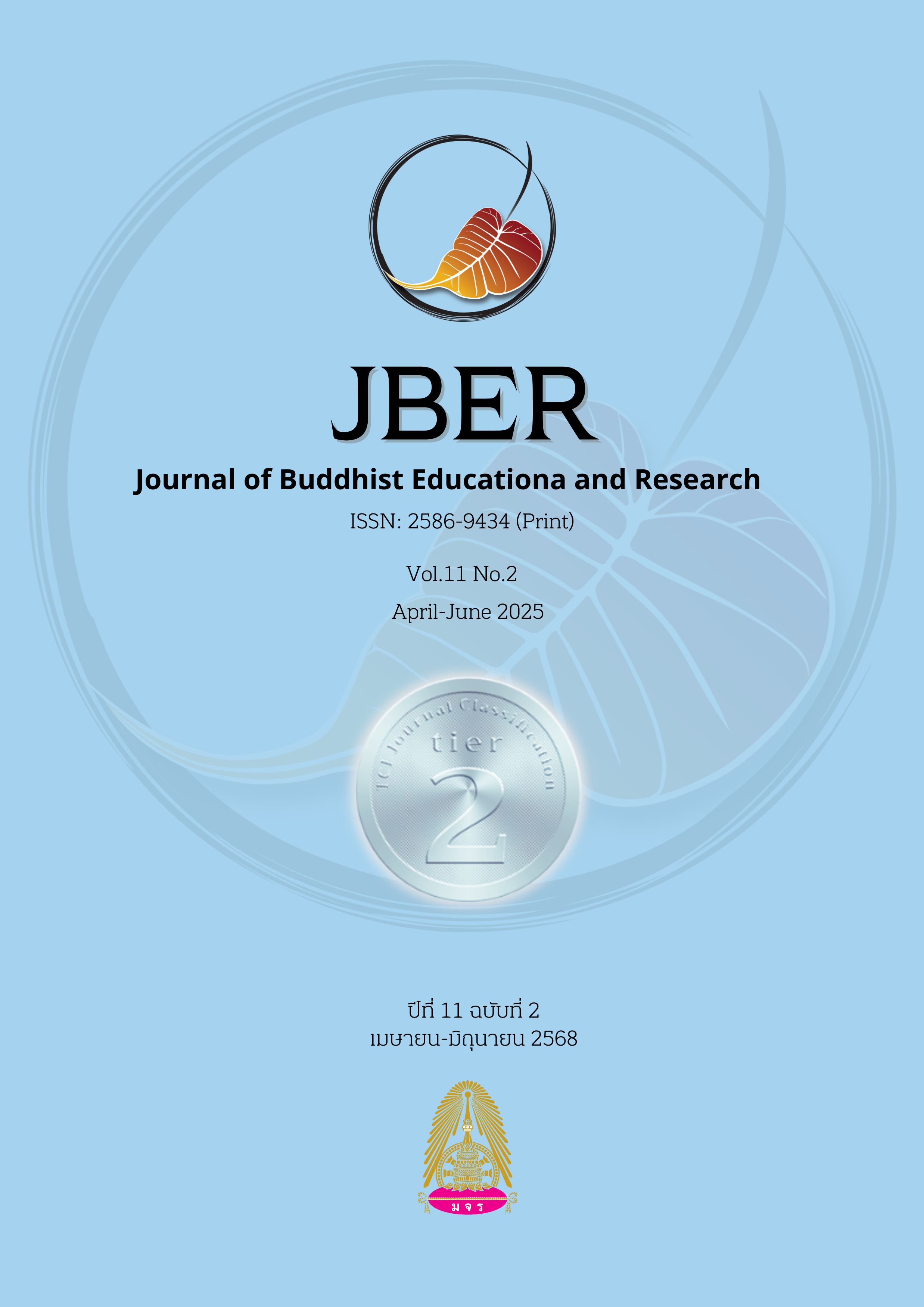The Perceptions of Thai EFL Primary School Teachers towards the Shift from the Classroom to Online Teaching during Covid-19 Period
Keywords:
Perceptions, Thai EFL Primary School Teachers, Online teaching, Covid-19 PeriodAbstract
The purpose of this study was to find out the perceptions of EFL teachers in Thai primary schools regarding online teaching, two years after the onset of the global Covid-19 pandemic. In this study, the participants were 6 full-time Thai EFL teachers (1 male and 5 females) teaching in Intensive English Program (IEP) in primary level from various private Catholic schools in the central region in Thailand. The selection of the participants was conducted through the purposive sampling technique. The participants have had teaching experience in the English language for 1-5 years. For this study the participants are simply named P1, P2, P3, P4, P5 and P6. To collect data and information, the instruments consisted of semi-structured interviews were employed. The interviews were conducted online on the Zoom platform over a course of three evenings, 2 interviewees each day. The data and information, then were analyzed using the integrative approach, combining deductive and inductive methods. The findings indicated that the positives of online teaching were underlined by the participants, who mentioned time, energy, and location flexibility as advantages. Furthermore, the teachers were able to improve their teaching talents by learning how to use ICT in the classroom. In contrast, the participants perceived the disadvantages of English online instruction from two perspectives: higher workload for teachers and less effective learning for students. Thai learners in primary school, as noted in the discussion of the downsides of online teaching, require more hands-on supervision and benefit from the social and physical interaction that may be offered when learning onsite. In comparison to secondary school and college students, Thai primary school kids behave differently and are less autonomous.
References
Çoban, B. T., & Vardar, A. K. (2021). Evaluation of distance English language teaching education during COVID-19 pandemic from the perspectives of ELT student teachers and their instructors. Journal of Pedagogical Research, 5(3), 198–220.
Dhawan, S. (2020). Online learning: A panacea in the time of COVID-19 crisis. Journal of Educational Technology Systems, 49(1), 5–22. https://doi.org/10.1177/0047239520934018
Kawinkoonlasate, P. (2020). Online language learning for Thai EFL learners: An analysis of effective alternative learning methods in response to the COVID-19 outbreak. English Language Teaching, 13(12), 15–26. https://doi.org/10.5539/elt.v13n12p15
Nartiningrum, N., & Nugroho, A. (2021). English teachers’ perspectives on challenges, suggestions, and materials of online teaching amidst the global pandemic. IJEE (Indonesian Journal of English Education), 1(1), 108–126. https://doi.org/10.15408/ijee.v1i1.17806
Rahayu, R. P., & Wirza, Y. (2020). Teachers’ perception of online learning during pandemic COVID-19. Jurnal Penelitian Pendidikan, 20(3), 392–406. https://doi.org/10.17509/jpp.v20i3.29226
Rahmani, E. F. (2021). Teaching practice during the pandemic outbreak: Perceptions of pre-service English teachers. IJEE (Indonesian Journal of English Education), 1(1), 47–63. https://doi.org/10.15408/ijee.v1i1.17805
Todd, R. W. (2020). Teachers’ perceptions of the shift from the classroom to online teaching. International Journal of TESOL Studies, 2(2), 4–16. https://doi.org/10.46451/ijts.2020.09.02
Wu, S. Y. (2021). How teachers conduct online teaching during the COVID-19 pandemic: A case study of Taiwan. Frontiers in Education, 6, 675434. https://doi.org/10.3389/feduc.2021.675434
Downloads
Published
How to Cite
Issue
Section
Categories
License
Copyright (c) 2025 Journal of Buddhist Education and Research (JBER)

This work is licensed under a Creative Commons Attribution-NonCommercial-NoDerivatives 4.0 International License.





